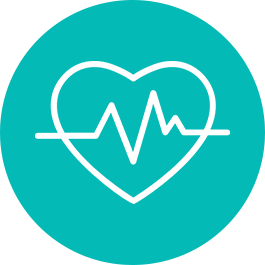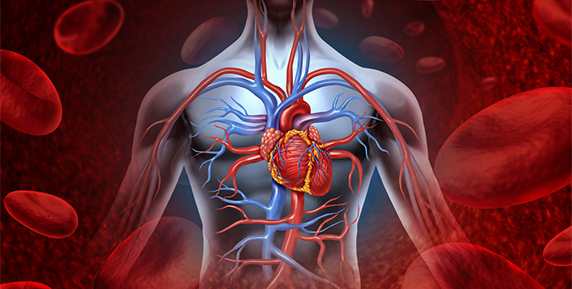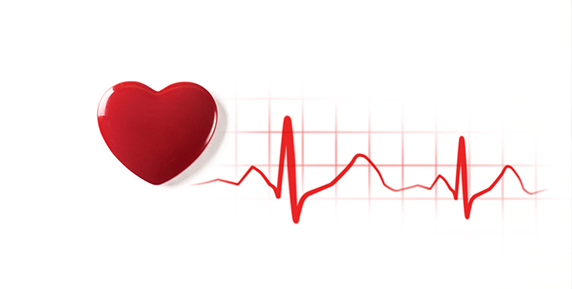Cardiology

If non-invasive tests such as stress tests or echocardiograms suggest a potential issue, an angiogram can provide further information to confirm the diagnosis and guide treatment.
Cardiology covers a broad spectrum of conditions, including coronary artery disease, heart failure, arrhythmias, valvular heart diseases, and congenital heart defects. Cardiologists collaborate closely with patients to manage risk factors like high blood pressure, high cholesterol, obesity, and diabetes, which contribute to cardiovascular diseases. They prescribe medications, recommend lifestyle changes, and, when necessary, perform procedures such as angioplasty, stenting, and bypass surgery to restore and enhance heart function. The field of cardiology is constantly advancing with new technology and research, leading to more accurate diagnoses, innovative treatments, and improved patient outcomes. Cardiologists, with their expertise and dedication, play a crucial role in promoting heart health and improving the quality of life for those with cardiovascular conditions.
Reasons why a Cardiology may work for you







To detect and prevent cardiovascular diseases early
If you want to detect and prevent cardiovascular diseases early, consulting a cardiologist is a smart decision. They can perform comprehensive evaluations, recommend suitable screenings, and provide personalized preventive strategies to safeguard your heart health.
To assess and manage existing heart conditions effectively
For optimal care and to minimize heart-related complications, consulting a cardiologist is crucial. With their specialized focus on heart issues, you can be confident in receiving expert attention and personalized treatment.


To receive personalized treatment plans tailored to your needs
Tailored treatment plans in cardiology can target individual heart-related issues, fostering improved results and overall health.
To evaluate the effectiveness of current cardiac treatments
Given the increasing impact of cardiovascular diseases on global health, ongoing assessment of cardiac treatments is essential to pinpoint optimal approaches and elevate cardiovascular care overall.


To monitor and control risk factors like cholesterol and blood pressure
Cardiology plays a critical role in overseeing and managing risk factors such as cholesterol and blood pressure, which serve as pivotal markers of cardiovascular well-being.
To improve overall heart function and quality of life
For those seeking to enhance heart function and elevate their quality of life, prioritizing cardiology is essential. Specialized cardiologists adept at diagnosing and managing diverse heart conditions offer individualized care and advice to optimize heart health and overall well-being.


To understand the root causes of heart symptoms or discomfort
Cardiology is crucial for recognizing and managing a range of heart conditions such as arrhythmias, coronary artery disease, and heart failure, which may underlie heart symptoms.
To receive expert guidance on heart-healthy lifestyle changes
Cardiology specialists offer tailored guidance on adopting heart-healthy lifestyle modifications. Consulting with a cardiologist can be beneficial, especially if you have a family history of heart conditions or existing cardiac issues, as they can assist in managing and averting potential complications.


To benefit from advanced diagnostic tools and techniques
Cardiology offers advanced diagnostic methods and technologies, facilitating the early identification of heart conditions. This results in prompt interventions and notably enhanced patient results, guaranteeing improved heart health and overall well-being.
To have peace of mind knowing your heart is in good hands
If you’re looking for assurance regarding your heart’s well-being, cardiology provides the expertise and resources necessary.

